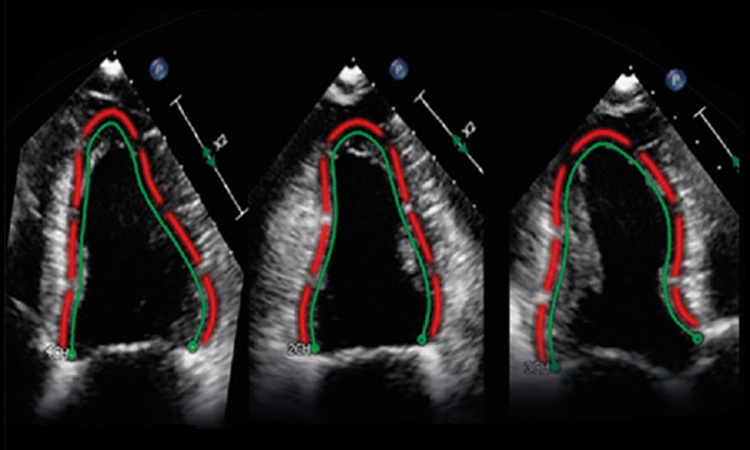Fundraising
Raising money is no miracle; it must be a professionally organised activity
Health service budgets often cannot be stretched to buy a vital piece of equipment or new state-of-the-art department. However, by stimulating social consciousness money from the public can flood in - even enough to build an entire new hospital.

Sounds too good to be true? Not according to Peter Fletcher, Director of Philanthropy at the University Hospital Birmingham (UHB) Foundation Trust. ‘You will get what you ask for,’ he told an intrigued audience of at the Hospital Management Forum in 2007 (see ECR supplement in this issue for this year’s event). Although frequently used in the USA and UK, the hospital fundraising approaches he described are less known in Europe.
‘For hundreds of years people supported their local hospitals out of philanthropy or generosity, not because they expected a reward.
Today, many people think of hospitals as an unpleasant place, a place they go to when they are sick. In fact hospitals are a place to get well and we should be proud of them. This misconception has to be broken if we want to motivate people and capitalise on their generosity,’ he explained. Fundraising is no miracle, he emphasises, when training people in fundraising techniques. ‘There’s just a significant need to make it a professionally organised activity.’
The first and foremost step in establishing a hospital’s fundraising project is to gain management commitment to support and invest in it. ‘Although it’s the people who donate to the hospital, fundraising is not a bottom-up concept. Fundraising has to become an attitude of the organisation, not just a department - this is only possible in a regulated top-down process.’
Additionally, fundraising needs good public relations. ‘The best thing to do is to involve a specific person to co-ordinate the activities and contact people,’ he points out. ‘In a world where motivated people are sometimes difficult to find, I have a theory to always go back to basics: Everyone has a story to tell and also likes to hear a good story – we have to listen and tell good stories about our hospital as well.’
This year, Fletcher’s team plan to organise monthly fundraising events for the hospital in various restaurants in and around Birmingham. ‘We will inform people about our hospital, tell them how proud we are of it and thank them for their support. We will possibly ask why they are supporting us and we will appeal to the community to support the hospital’s development, to become a part of it as its advocates.’
From the expert’s point of view, healthcare fundraising is not meant to solve the problem of cost explosion. ‘Hospital fundraising is not about raising money just to pay the bills and it will take a very long time before fundraising for healthcare has an impact on its overall finances.’ It is, however, a brilliant method to show authorities that when they cut costs they not only affect a hospital, but people. ‘Fundraising is more about involvement of the people in their hospital - a way for patients to influence the development of their chosen clinic according to their needs,’ Fletcher says. Nevertheless, fundraising is still interesting for healthcare facilities because people donate for a special reason. ‘You are not accountable to the hospital’s financier why these donations were spent for that particular reason. For smaller clinics it could be even more worthwhile as they are closer to the community.’
Unlike in the UK and North America, healthcare fundraising is not well established in continental Europe. ‘What it needs on the continent is just one hospital to be serious about making a difference, one hospital that believes in what it does, and decides to ask its community for support, and then, I believe, many others will follow. I was contacted by Dr Sven Ploem from the Universitair Medisch Centrum Groningen (UMCG), The Netherlands, who is keen to start a fundraising project for his radiology department.
There is also a clinic in France that is going to have such a campaign next year and I guess there will be other hospitals watching these projects very closely.
For details and guidance e-mail: hospitalfletch@btinternet.com
19.03.2008





